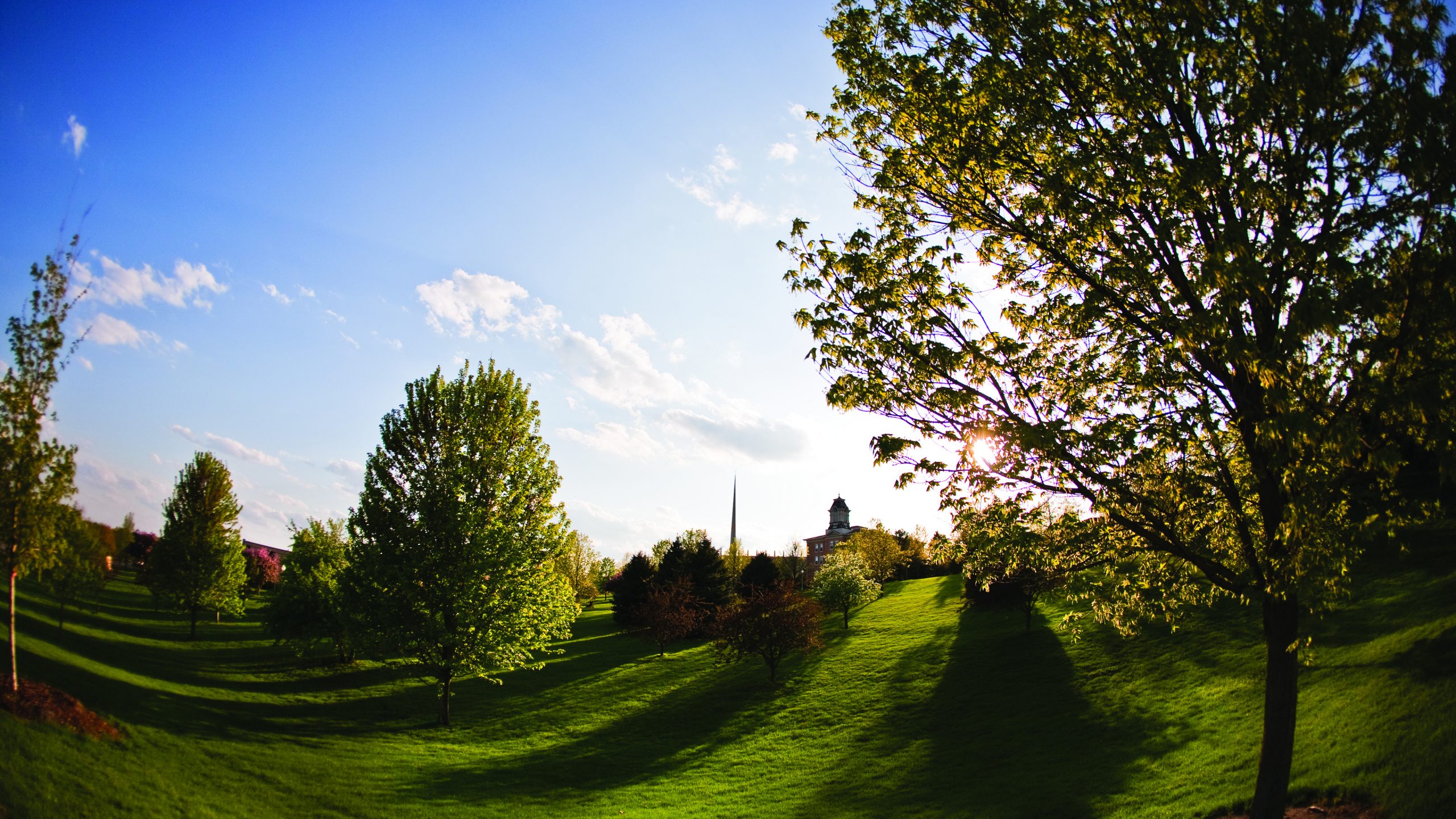Gustavus Adolphus College students in professor Martin Lang’s upper level communication studies course got a behind-the-scenes look at how a media organization operates this spring through a collaborative project with the Mankato Free Press. COM-344: Perspectives on the News, provided students with a study of the history and theory of media coverage and explored the changing role of modern news outlets in partnership with The Free Press.
Throughout the course of the semester, students met with journalists, publishers, and editors to learn more about the media landscape as well as the day-to-day life of a regional media company. This summer, The Free Press is running a series of articles and videos produced by the students covering topics such as “Why should I follow the news?,” “What makes a news story ‘objective’ and why does it matter?,” and “What happens in a newsroom and how does it shape the news?”

“Working with the Mankato Free Press to create the Media Literacy Project provided a perfect opportunity for us to blend theory with real-world application,” Lang said. “At the peak of ‘fake news’ hysteria and suspicion about news credibility, we saw a great chance to take our learning beyond the classroom to the community at large.”
Joe Spear, the managing editor of The Free Press, agrees. “Media literacy is critical in today’s fragmented media landscape. Readers and news consumers need to understand how media works to judge the credibility of content in a media world were falsity rivals fact,” he said. “We believe partnering with a reputable and excellent educational institution like Gustavus was the perfect formula to advance media literacy in our community.”
In the early part of the semester, students explored modern trends including the rise of technology, citizen journalists, and social media and how each contributes to the national dialogue on current events. Students were also required to read the newspaper and discuss current articles while breaking down questions about how the news touches everyday life.

“News is a lot more than what we’re used to seeing on our smart phones,” said Julia Wenstrom ’17, one of the students in the class. “It was beneficial to broaden our consumption of news from a variety of different sources and see how stories come together from start to finish.”
As the students began to collaborate with The Free Press on the Media Literacy Project, they formed reporting teams to work with Spear to identify topics before digging into research, interviews, and writing. The seven commentary essays and videos are currently being published online weekly by The Free Press, with the essays also running in print.
“Our collaboration with the Gustavus communication studies students on The Free Press Media Literacy Project was a win-win situation. We met our goals of community outreach in working with the students and reader education by publishing the student essays and videos in print and online,” Spear said. “The students gained practical experience in research and interview techniques that resulted in valuable published content and The Free Press built its brand as staff members were interviewed for the essays and videos.”
“Students got the chance to put their expertise in information literacy and journalism to powerful use, and working with The Free Press gave them a unique insight into the topic that reached well beyond what they could learn in the classroom alone,” Lang added.
As for Wenstrom, the experience was a valuable one that paired academics with hands-on experience. The best part? “The project put a human face on journalism and helped us see the passion and transparency that exists in the media’s work,” she said.
Visit The Free Press online to explore the Media Literacy Project.

Leave a Reply
You must be logged in to post a comment.